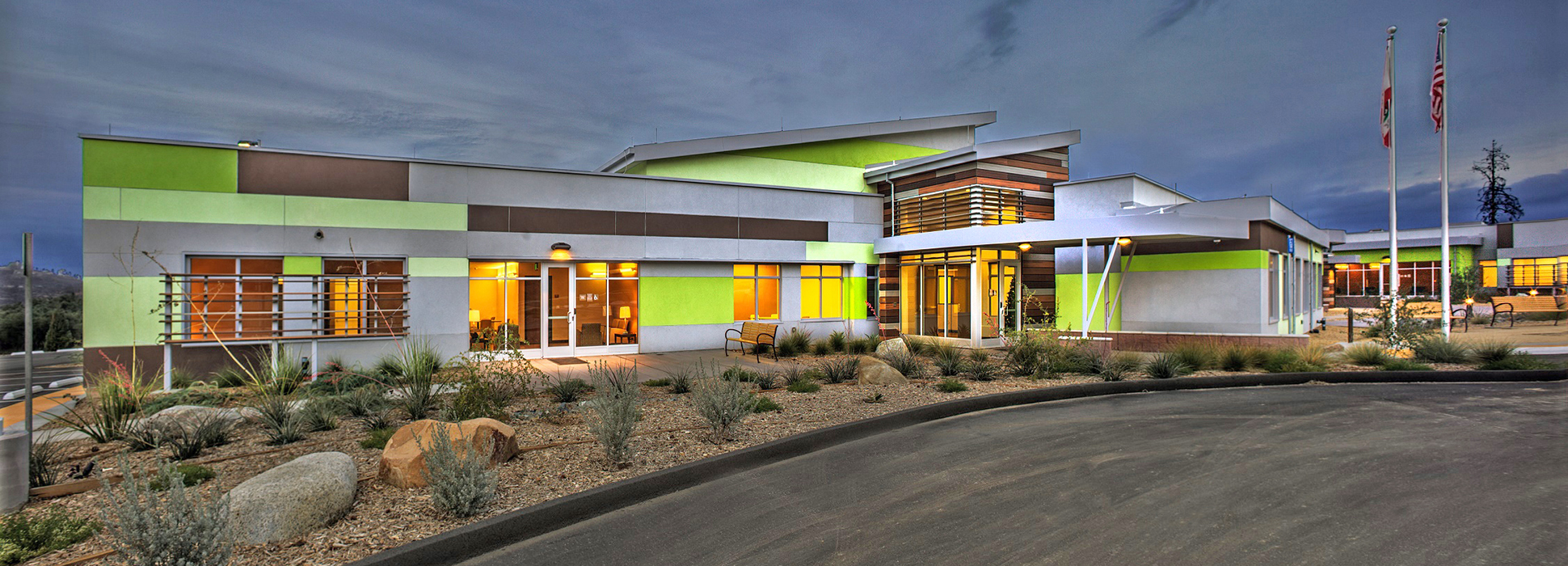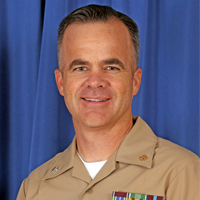
The Indian Health Service has launched a new program to address the gap in services that occurs when youth are discharged upon successful completion of a Youth Regional Treatment Center (YRTC) program and return to their home community where necessary support systems may not exist.
The IHS currently funds 12 federal and tribal YRTCs that provide a range of clinical services rooted in culturally relevant, holistic models of care to American Indian and Alaska Native adolescents who abuse alcohol or drugs. However, once youth are discharged from the YRTC, they are often faced with leaving a structured environment only to return home to families unprepared to offer the needed support and where aftercare and case management resources can be limited, significantly decreasing the likelihood of a continued journey of wellness for youth exiting the care of an YRTC.
The YRTC Aftercare Pilot Project will develop promising practices between YRTCs and tribal communities to reduce alcohol and substance use relapse by identifying transitional services that can be culturally adapted to meet the needs of American Indian and Alaska Native youth to increase resiliency, self-coping, and provide support systems. By exploring solutions for how this continuum of care should take place after inpatient treatment, efforts will be made to establish community-based approaches to reduce alcohol and substance use relapse and establish effective reintegration processes.
The IHS Division of Behavioral Health awarded $1.62 million for Youth Regional Treatment Center Aftercare Pilot Projects to the following YRTCs:
- Healing Lodge of the Seven Nations – Spokane Valley, WA $810,000
- Desert Sage Youth Wellness Center – Hemet, CA $810,000
The awards are for a three year period, in which both sites will develop innovative and collaborative strategies to improve the health of Native youth as they transition back into the communities in which they live. This transition is a critical aspect of assuring the adolescent is provided guidance and effectively assisted in accessing a comprehensive array of health and community services during their sobriety journey.
Related Content:
IHS Efforts on Opioid Crisis Highlighted During Senate Committee Hearing



